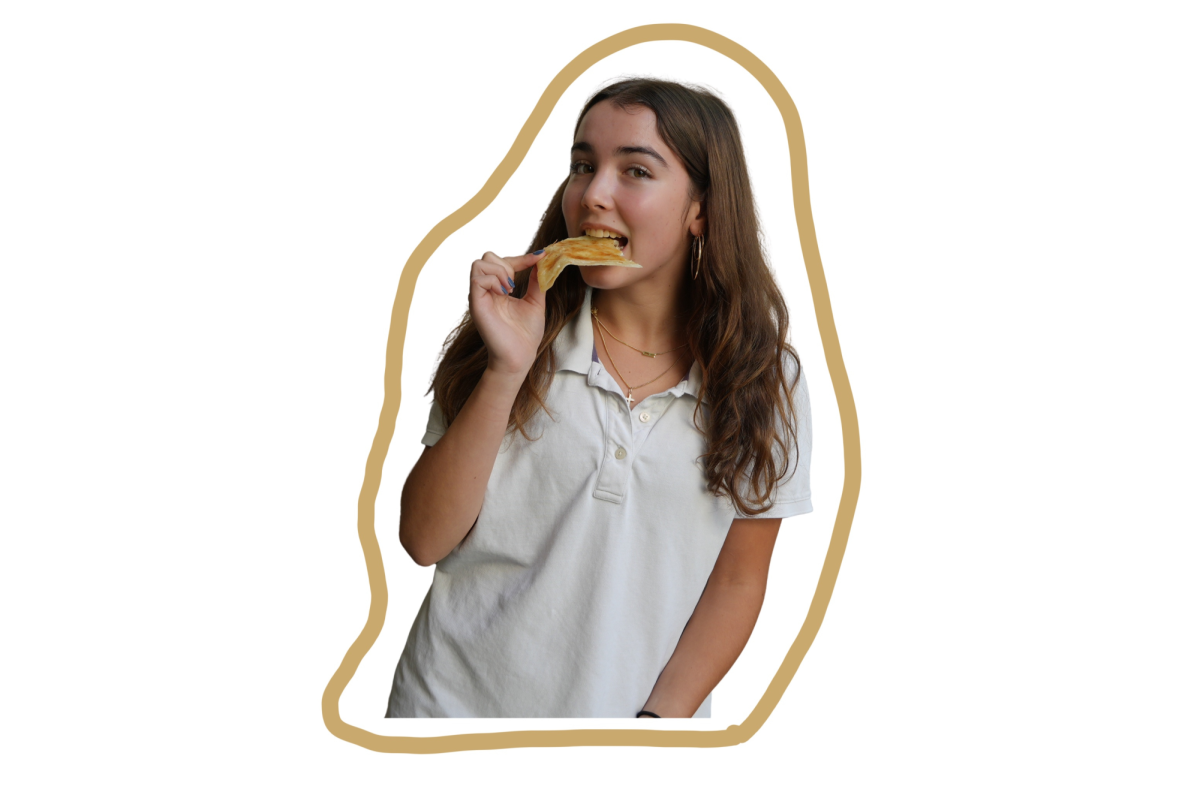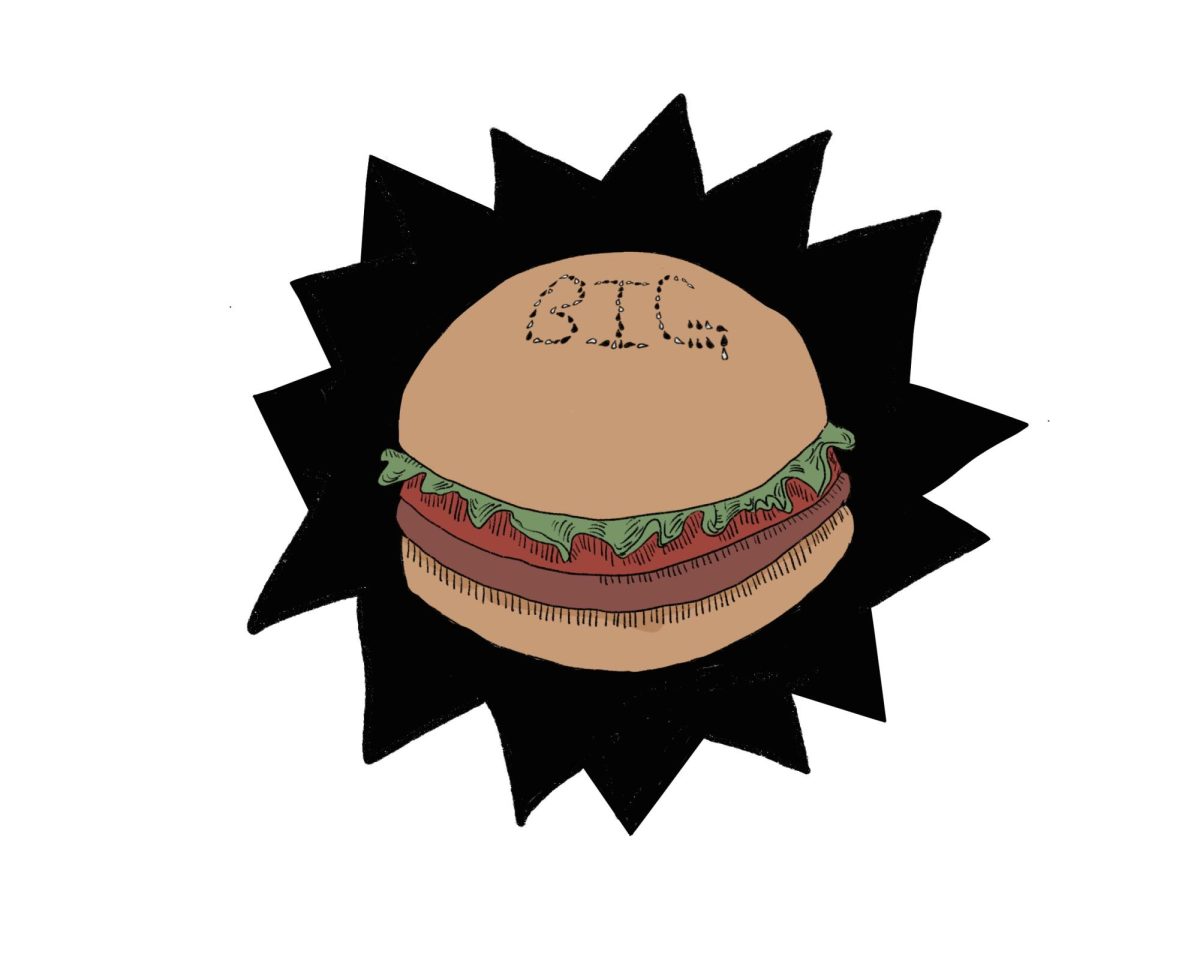By Fiona ’20 and Kendra ’20
TikTok is the latest social media fad to take the world by storm. The platform allows users to make videos in which they do everything from dancing to making comedy sketches, using both pre-existing and original sounds and music.
The Chinese company ByteDance first launched TikTok internationally in 2017, but it didn’t gain traction in the U.S. until October 2018, when its owners bought and subsequently shut down a similar app: Musical.ly. TikTok, suddenly the only app of its kind, could finally enter the mainstream.
TikTok has since amassed more than 500 million active monthly users and continues to spread its influence around the world. According to Globalwebindex, 41% of TikTok users are aged 16-24, which means high school-aged teens make up a large portion of the user base. Marlborough students are no exception.
TikTok on Campus
TikTok’s large presence on the Marlborough campus is no secret. On any given day, students across all grades may be seen making TikToks on the field or can be heard humming some of the app’s most popular sounds, such as “Yellow Hearts” or “ROXANNE,” in the halls.
According to an UltraViolet survey, 75% of Marlborough students have TikTok on their phones, and 59% of these participants create original videos in addition to watching those posted by others. In the same survey, 23% reported spending 30 minutes to an hour on the app daily, while over 19% spend between one and two hours and 15% spend over two hours.
Much of TikTok’s draw comes from users’ desires for their videos to go viral. Users can quickly go from having very few followers to many, such as @charlidamelio, a TikToker whose dance videos went viral seemingly overnight.
The Craze
Juliet ‘24 said she wants to go viral because she thinks it would make her life easier.
“It would change my life,” Juliet said. “I would be famous. If I was TikTok famous I probably wouldn’t have any problems. It would solve a lot of them.”
Stella ‘24 said that everyone she knows uses the app.
“They’re addicted. Everyone’s addicted. It’s better than Snapchat and Instagram,” Stella said.
Brodie ‘22 explained that TikTok’s infinite scroll makes it uniquely addictive.
“I think TikTok is addicting because of the For You page,” Brodie said. “On Instagram, it’s not just one thing that you keep swiping for––there are many different things on the Explore page, but it takes energy to find what you like, whereas on TikTok it’s curated to what you usually like, so it’s never-ending, and you end up just swiping for hours.”
Fleurette ‘21, on the other hand, said she does not understand the craze surrounding the app.
“I don’t understand the TikTok craze. I don’t have the inclination to constantly check it, and I don’t spend all of my afternoons wasted on TikTok like some girls here do,” Fleurette said.
Brodie has gone viral on TikTok for her handwriting videos and now has about 66,000 followers. She got her start on the app when she decided to post a video of herself writing notes for a vocabulary quiz. Within a matter of days, she amassed thousands of views and followers. However, she said being famous on TikTok has not had much of an effect on her life off the app.
“[Being viral] was cool for the first week, and then it kind of just doesn’t really make a difference on anything in my life,” Brodie said. “It was fun because people would say ‘oh, Brodie’s TikTok famous’ as a joke and I thought it was funny, but now it’s just kind of what I do.”
When asked about how TikTok makes her feel, Juliet said there is no one emotion to describe her experience on the app.
“Beauty on TikTok affects your self-confidence. Every time I scroll on the For You page, my self-esteem plummets, but there are also funny videos that I couldn’t live without,” Juliet said. “If I didn’t have TikTok, I don’t know what I would do until 1 a.m.”
Recently, TikTok has been a topic of debate on censorship, as it is currently banned in China, its country of origin. Some politicians have suggested that the company has ties to the Chinese Communist Party and may be censoring Hong Kong-related content, although ByteDance has categorically denied this allegation.
Julia ‘20 expressed concern with Chinese censorship on TikTok.
“A major challenge is that the app is owned by a Chinese company and they can suppress a lot of really important information,” Julia said. “I feel like the app is purposefully fomenting political dissent in the United States.”
Regardless of the scrutiny to which TikTok has become subject, however, people of all ages and backgrounds with a variety of intentions continue to download the app each day, both in the US and around the world.










